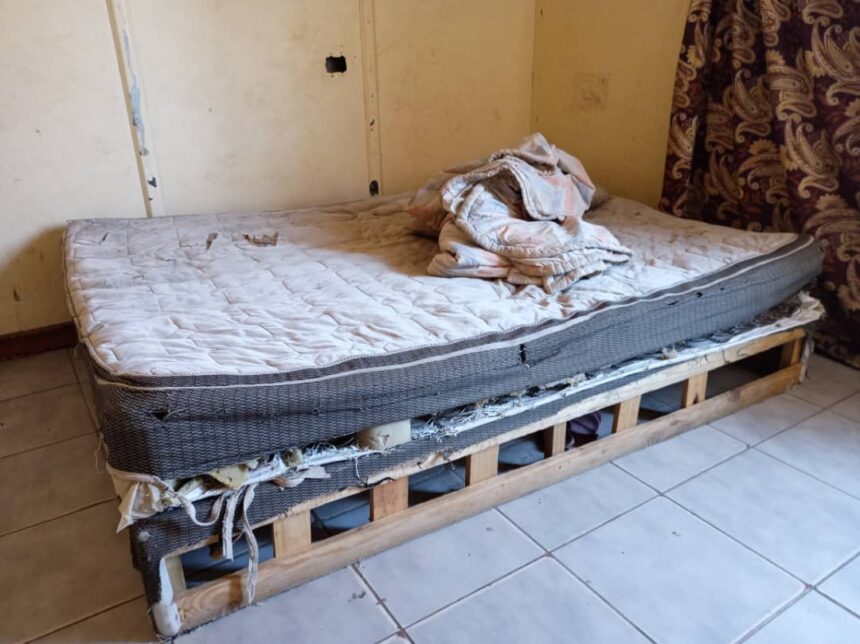Julia Kamarenga
Overcrowded dormitories, mal- and non-functioning ablution facilities and water scarcity are some major issues affecting operations at community hostels in the Omaheke region.
This is reported by the chairperson of the Parliamentary Standing Committee on Education, Science, Information and Communication Technology and Youth Development, Betuel Tjaveondja.
He said the committee embarked on a fact finding round trip after a public outcry concerning the state of community hostels and the dangers they pose to the learners’ health and academic progress.
Tjaveondja said the mission is seeking means of influencing the government to improve the support it renders to these hostels.
The hostels, which were widely initiated by communities to provide accommodation for learners who reside far from schools, receive minimal funding from the government, thus making it difficult to manage especially in areas where the majority of the learners are from poor communities and cannot afford to contribute towards school development.
Chairperson of the Helena Primary School board, Wickens Mungunda said the school has 285 learners and they all reside in the few hostel blocks, which were meant to accommodate only 80 learners.
Mungunda said the situation has led to up to three learners having to share one single-bed, without a mattress in some instances, a state which makes it easy for viruses to breed and infections to spread faster.
The chairperson said when they had cases of scabies at the school, they moved some learners to the dining hall just so they depopulate the sleeping rooms and lessen chances of infection.
Because the facilities were meant for a small number of learners, the growing number of students overwhelms not only the sleeping rooms but the ablution facilities too.
The Helena Primary School hostel only has two showers and two toilets in each of the two blocks, which are not in working condition, and now the learners have resorted to using basins for bathing.
He calls on good Samaritans to be generous and lend a helping hand when approached so they improve the children’s living conditions, which will in a long run create a conducive learning environment.
Tjaveondja also added although his team picked some bad behaviour, such as the use of substances by learners due to lack of proper supervision in the hostels, such facilities positively contribute to the academic performance of the learners.
He calls for concerted efforts from all concerned institutions to ensure that the Namibian child gets the necessary education.
Efforts to get word from the regional hostel officer, Elizabeth Titus from the ministry of education proved futile, as she did not respond to any communication.
Julia Kamarenga works for MICT in the Omaheke region.


